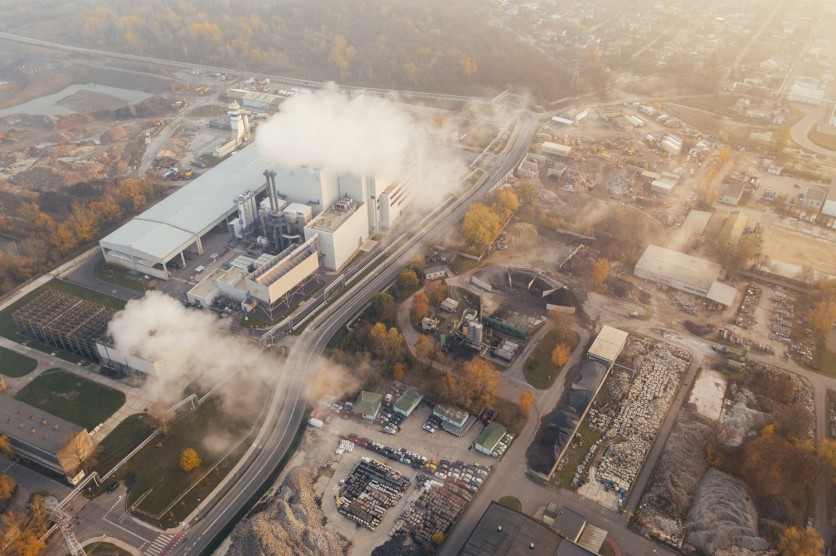A comprehensive study revealed that many countries were falling behind in their net zero climate plans.
AFP reported that the peer-reviewed assessment published on Thursday evaluated the plans of 35 countries, which account for more than 80% of global greenhouse gas emissions.
Nearly all of them got low marks, and only the European Union's plan was deemed credible among the four biggest carbon polluters. The net-zero plans of China, the United States, and India were found insufficient.

Lack of Specific Details
Most of these countries have committed to eliminating their carbon footprint by the middle of the century, with China targeting 2060 and India aiming for 2070.
However, according to the study, the credibility of these pledges has been called into question due to the lack of specific details on their net-zero goals. Some plans fail to clarify whether they would address not only the CO2 but also other significant planet-warming gases such as methane and nitrous oxide.
This lack of clarity has posed challenges in assessing the feasibility of achieving the goals outlined in the Paris climate treaty, which aims to limit global warming to "well below" 2 degrees Celsius, with a preference for 1.5 degrees Celsius.
Without accurate projections based on detailed net-zero plans, it becomes difficult to determine if these temperature targets are achievable. Two contrasting scenarios emerge based on the credibility of net-zero plans.
If both short-term and long-term plans are implemented as promised, global warming could be stabilized within the critical range of 1.5 to 2 degrees Celsius. However, the study said that considering only the current policies and disregarding vague promises, temperatures are more likely to rise between 2.5 and 3 degrees Celsius.
The study further noted that the difference between these outcomes is significant and could lead to either manageable climate damage or a world where climate change undermines sustainable development.
Credibility ratings were assigned to every country responsible for at least 0.1 percent of global greenhouse gas emissions. Only a few countries, including the European Union, Britain, and New Zealand, received high marks.
Conversely, around 90% of countries inspired lower or much lower confidence, including the United States and China, which together contribute over one-third of global emissions.
The lowest ratings were given to many major emerging economies, such as Brazil, India, South Africa, Indonesia, Egypt, and the United Arab Emirates. In terms of credibility, Australia was placed in the lowest tier among affluent nations.
Read Also : Global Warming Intensifies with Greenhouse Gas Emissions at 'All-time High' - Study Finds
High-Risk Climate Track
The study highlighted the significance of enacting concrete legislation to establish trust in climate action implementation. Detailed plans that provide a systematic approach to reducing emissions across diverse sectors of the economy and society are indispensable for achieving net-zero targets.
Using the credibility ratings, the researchers employed various emission scenarios to project future temperatures. When considering solely the net-zero plans with high confidence and existing policies, the projection indicated that global warming could reach 2.4 degrees Celsius by 2100, surpassing the targets outlined in the Paris Agreement.
"The world is still on a high-risk climate track, and we are far from delivering a safe climate future," said Joeri Rogelj, director of research in Climate Change and the Environment at Imperial College's Grantham Institute. The findings of the study were published in the journal Science.





